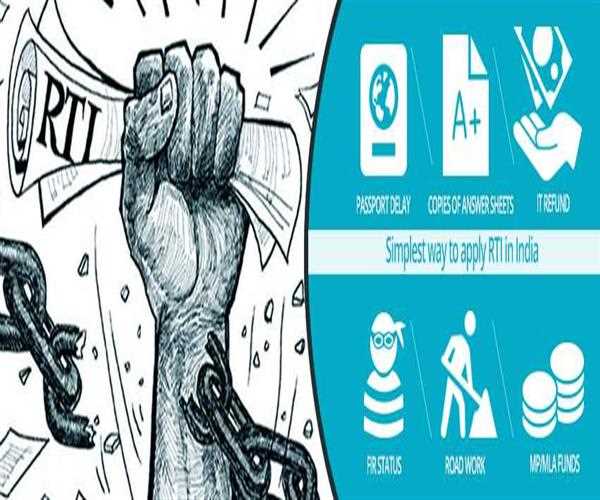“Sweden” is the first country in the world which guaranteed Right to Information. Sweden’s Freedom of Information or the Freedom of Press Act of 1766 is the oldest in the world.

The Freedom of Information Right allows access of information by the general public to data held by the National
Governments. Under this law, it allows a "right-to-know" legal process through which the requests were made for the information’s held by the government, to be received freely or at minimal cost, excluding standard exceptions of the individual countries. This law or right allows public, digital media, and print media to publish and promote openness of the information’s. At present,
there are about 100 countries in the world which allows Freedom of Information Right.
However, this right excludes the private sector from this
jurisdiction; therefore, the information’s maintained by the private sector cannot be accessed as a legal right by any individual.
In 2015 The UNESCO General Conference concluded over to designate the day of September 28 of every year as the “International Day for the Universal Access to Information” and the day is commonly known as, Access to Information Day. However, the
same date was previously celebrated as “Right to Know Day” since 2002.
The Right to Information Act in a country means an openness and transparency in the functioning of the government which maintains the antithetical to secrecy in public
administration. In India, the Right to Information movement was headed by Aruna Roy in the early years of 1990. The Right to Information Act in India reduces the gap between the administration and people. The Right to information reduces the cases of corruption in public administration departments. In India, the Right to Information Act fixes a 30-day deadline for providing information and the deadline reduces to 48 hours if information concerns about the life or liberty of a person.